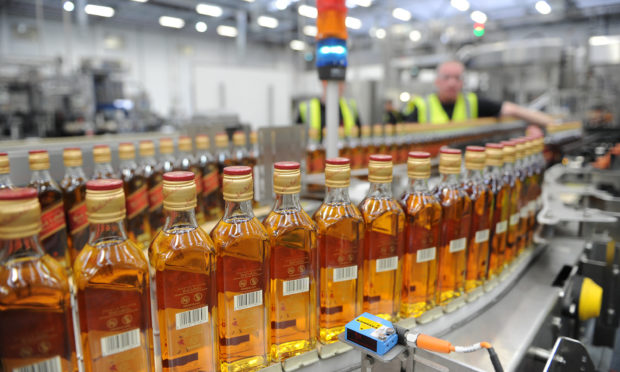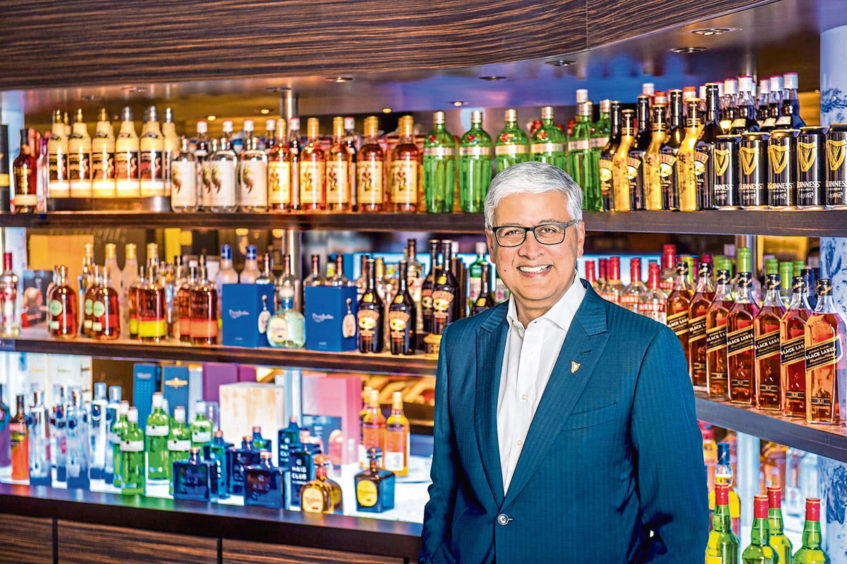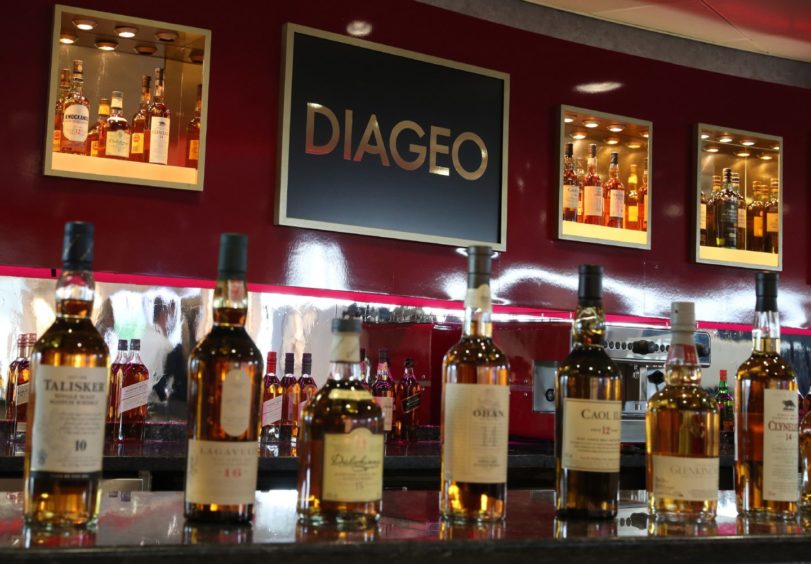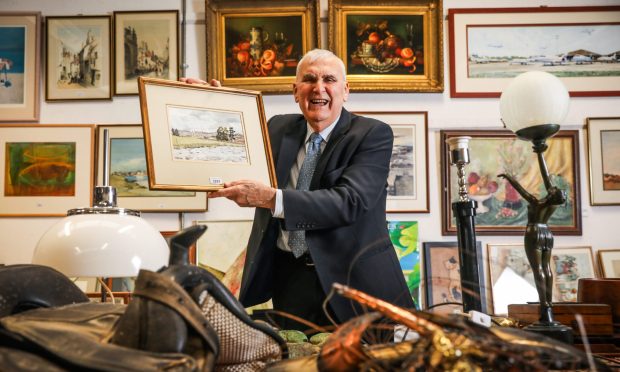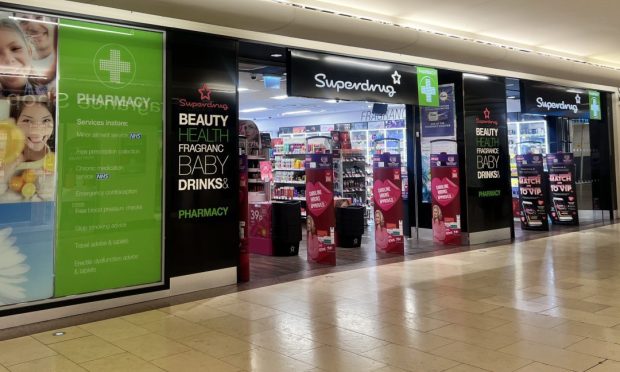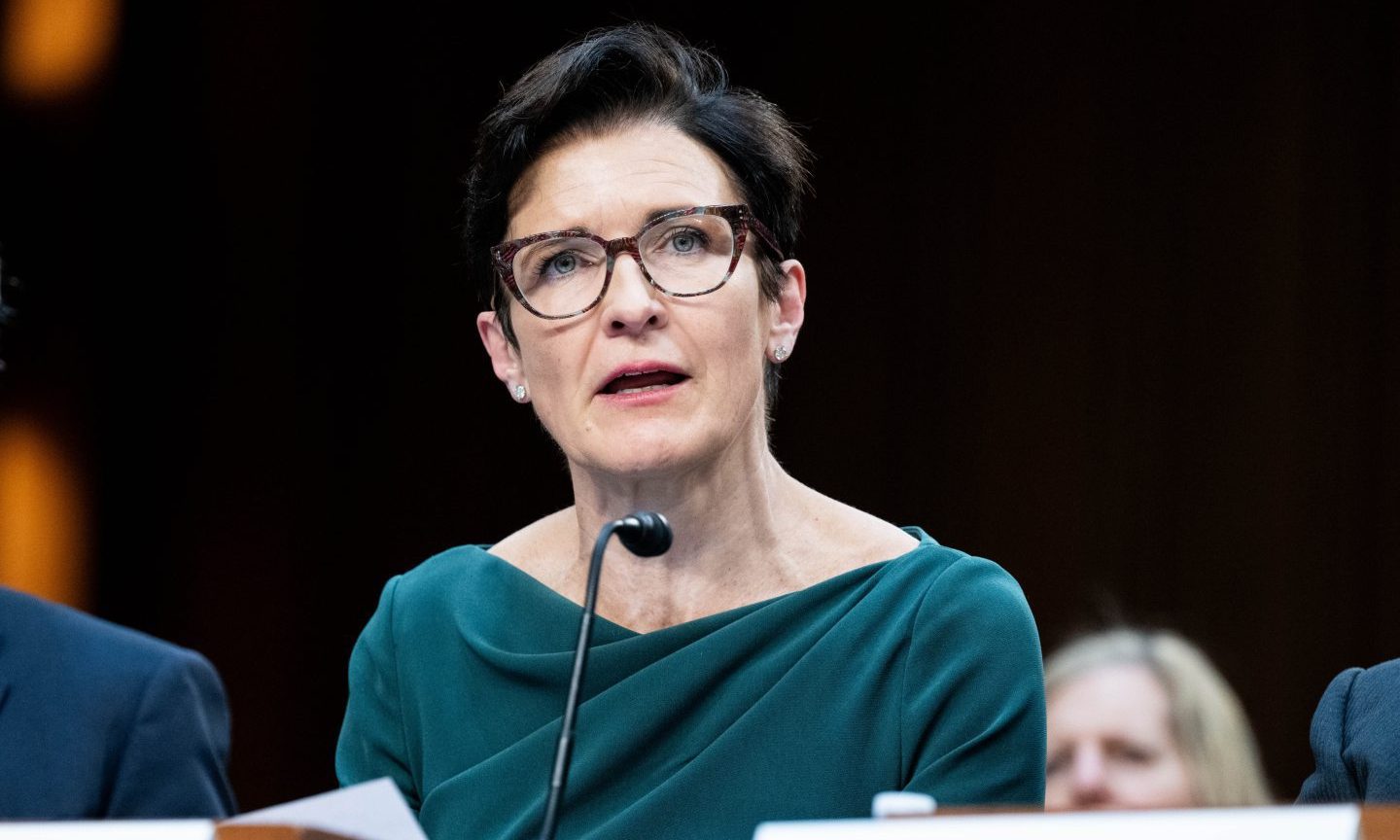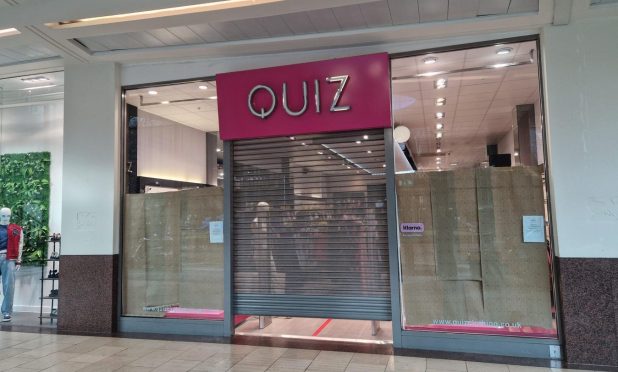A senior Diageo executive has hailed the long-term prospects for whisky, despite an 8% drop in worldwide sales of Scotland’s national drink.
Ewan Andrew, the international drinks firm’s president, global supply and procurement, said the slump was largely down to the loss of duty free store custom, as well as pub closures, as pandemic restrictions hit international travel and the hospitality sector.
His comments came as London-headquartered Diageo, which includes Johnnie Walker, J&B, a number of single malts as well as other spirits and beers, among its brand portfolio, released interim results for the six months to the end of December.
Sales and profits fall
The major Fife employer said organic growth of 1% had been “more than offset” by unfavourable exchange, as its total net sales fell year-on-year by 4.5% to £6.9 billion.
Pre-tax profits at the group, which also produces Guinness, Smirnoff vodka and Baileys were down by 8.3% over the period, at £2.2bn.
Diageo chief executive Ivan Menezes described the half-year results as a “strong performance in a challenging operating environment”.
Scotland’s national drink
Mr Andrew, who is based in Scotland, highlighted that, despite the overall fall, sales of Scotch had increased in a number of markets, including the US, where they were up by 6%, and Australia, Brazil and China.
He said: “If you take out the impact of travel retail, Scotch was actually flat around the world and there were some great markets that actually performed strongly.
“And, if you look to the future and the long-term, trends for Scotch, it’s really encouraging.
“I always say Scotch is a game that you think about over years and decades, it’s not about weeks and months, therefore the long-term growth drivers are still very strong for the category and that’s why we are investing so strongly still.”
Impact of US tariff
Worldwide net sales of Diageo’s single-malt whiskies, which include Talisker and Cardhu, were down 7% compared to the second half of 2019.
Mr Andrew said there was “no doubt” the impact of a continuing trade dispute between the US and the EU which had seen a 25% tariff added to exports to the States had been felt.
Russ Mould, investment director at stockbrokers AJ Bell, said: “Under the circumstances, Diageo’s results could have been a lot worse given the ongoing disruption to the hospitality and travel sectors as fewer people have been able to go to bars, hotels, pubs and restaurants as well as shop for spirits at airports.
“Organic growth of 1% is a positive outcome, although unfavourable foreign exchange rates mean it reports a 4.5% drop in net sales.
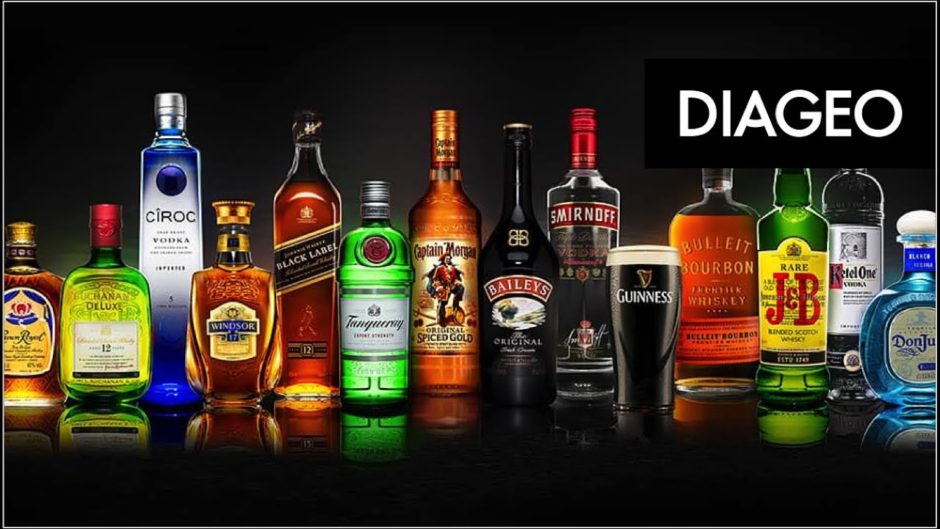
“Some analysts were forecasting 4% decline in organic sales, so Diageo is proving to be more resilient a business than thought.
“Working in its favour is a rise in alcohol sales during lockdown as people are forced to entertain themselves at home.
“Notably, spirit sales have held up well and pre-mixed drinks have been very popular.
“But longer-term Diageo really needs all the leisure establishments to reopen as they are also key drivers of premium spirit product sales.”
Diageo employs around 3,000 people in Scotland and operates 28 distilleries.
